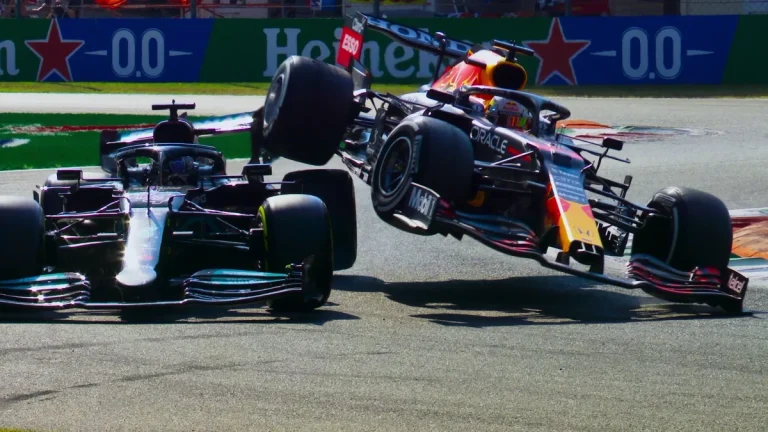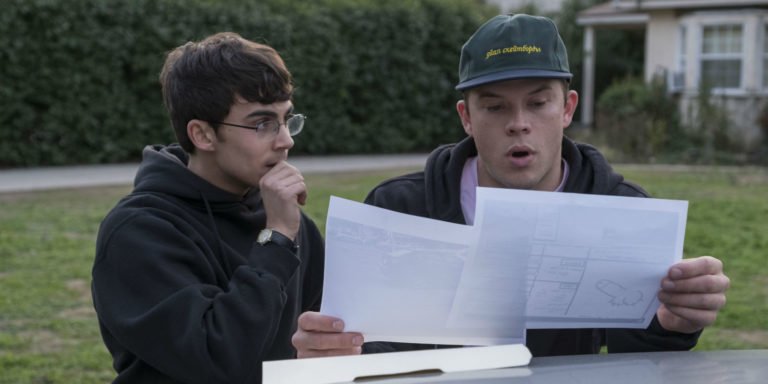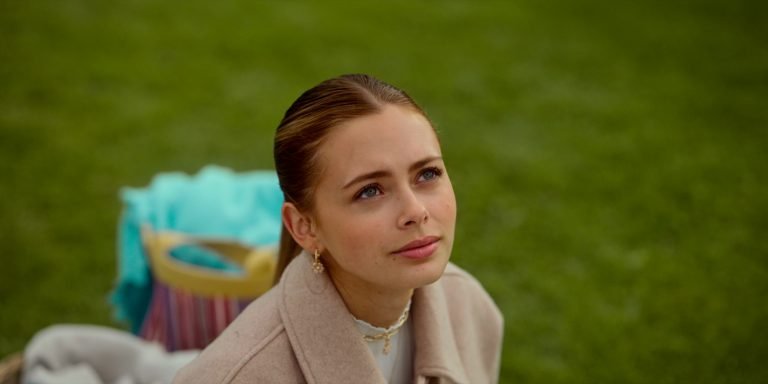Undekhi (Season 3) Review: Watching a series like “Undekhi” already elicits nostalgia. It’s part of a very specific subset of television shows focused on plot, carnage, dialect-heavy, cuss-word-filled dialogues, and punchlines. Characters are allowed to exist within the framework of these stories to serve the dopamine rush, while twisty plot twists work to keep the viewer on the edge of their seat.
“Undekhi” season 1 managed one of the rare feats of storytelling: keeping up with plot twists and making the villain an immovable obstacle without compromising on the storytelling or the authenticity of the world itself. The banter and chemistry between the hard-nosed, terrifying yet charismatic Rinku Atwal (Surya Sharma) and the wily investigator DSP Barun Ghosh (Dibyendu Bhattacharya), sharing a similar form of determination to win at all costs would be the best part of the show.
The search for the one witness who could place the alcoholic, foul-mouthed, irascible, and unpredictable patriarch of the Atwal Clan—Surinder Singh Atwal, AKA Papaji (Harsh Chhaya)—at the scene of the murder of one of the two dancers at a pre-wedding party provides for the brisk pacing. The influence of classism, privilege, and sheer wealth that could tip the scales of justice or remove the scales themselves had been commented on pretty effectively.
Season 2, which had seen a change of showrunners, made the mistake of punching above its weight. It tried to emulate prestige television by focusing more on world-building, the development of the ancillary characters, and creating new ones to increase the convolution. The showrunners failed to understand what had worked on the previous season in the first place: Rinku Atwal as the always-successful antagonist and Ghosh as the struggling yet dogged investigator trying to put him down.
The show chooses to sideline the two of them, instead bringing in a new antagonist and developing characters like Teji Atwal and Lucky Singh. It’s fascinating if one chooses to focus on these arcs individually, as commentaries on playing this game of chess and shifting the power dynamics, but all at the cost of their soul. Still, the show never truly came together, especially because plot threads that had remained unresolved in the first season were either solved without much fanfare or dropped altogether.
Season 3 doesn’t rectify all of these issues. It is for good reason because a reset every subsequent season would be akin to a show having an identity crisis. The show pivots, however, on what worked best in the first season and chooses to evolve it in increments. A burgeoning respect had grown between Rinku and DSP Ghosh, but when season 3 opens, Ghosh gets back into the fray with renewed vigor, as both literally and figuratively, the ghost of the first season rears its ugly head.
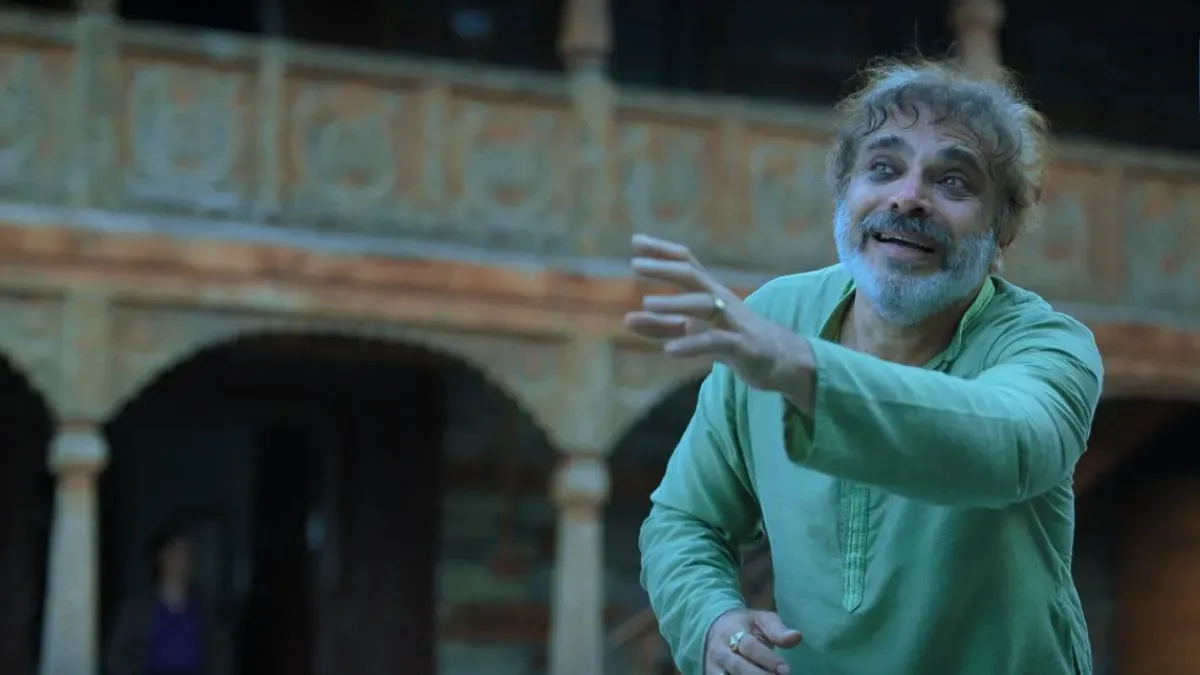
With a new mysterious player being connected both to the antagonists of season 2 as well as the Atwals entering the fray, season 3 suddenly has that renewed sense of urgency. The season, beginning with a plan to hide Papaji and forego his inevitable conviction, becomes the ticking time bomb for six of the eight episodes. Within them, the showrunners also clean up dangling and messy plot threads that hadn’t been working by literally shooting them, killing them off. It isn’t the most elegant of solutions, but it does the job.
Most importantly, it elevates Rinku as a credible antagonist without making him feel adorned with plot armor. That is until he is trapped in a shootout in the seventh episode, where he feels draped in one. It also gives ample time to the investigative aspects and heavily emphasizes the cat-and-mouse game between Rinku and Ghosh. The internal familial dynamics, on the other hand, with Papaji’s past coming to haunt him, become almost soap-operatic by the last episode. However, it does bring the entire saga of Papaji to a somewhat satisfactory close, with the Atwals effectively damaging themselves from the inside.
A newer season doesn’t entirely change the visual palette of the show. It does manage to maintain a somewhat brisker pacing throughout the first six episodes, and contrary to last season’s climactic fight scene at the warehouse, the shootout sequence in the seventh episode is designed mildly better. It still feels like an old-school Bollywood action movie where the bad guys would be killed by one shot, while the good guys would be successful at dodging rapidly fired shots from machine guns until the shootout finally ends and a stray bullet hits the target anyway.
“Undekhi” season 3 never managed to make Teji a compelling foil to Rinku, nor was Daman a credible wild card in the story. This season had been teased as the season of Papaji, and while Harsh Chhaya is very entertaining in that drunken irascible shtick, the moments of poignancy through the sheen of drunken stupor fall flat, as does the flashback sequence, which fails to add any sort of context. It remains consistent regarding the central performances, with both Sharma and Bhattacharya remaining endlessly compelling as Rinku and DSP Ghosh, respectively.
There are hints of a subsequent season, and I would still watch it, if only in a mostly new setting, but following these two characters and the show’s promise to “settle their score.” The final exposition towards the end frontloads every bit of information that should have been extracted from the flashback snippets in previous episodes, and thus, “Undekhi” also maintains consistency unfavorably—it again stumbles on the ending. It’s just the degree of stumbling that’s more palatable.





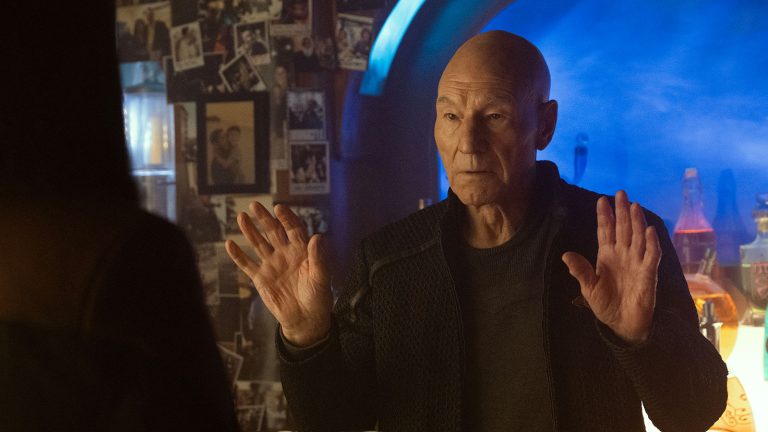
![Mrs. America [2020] Review – A tale of revolution, with a counter revolutionary at the center](https://79468c92.delivery.rocketcdn.me/wp-content/uploads/2020/10/Mrs.-America-1-highonfilms-768x512.jpg)
